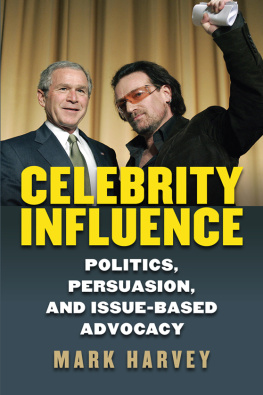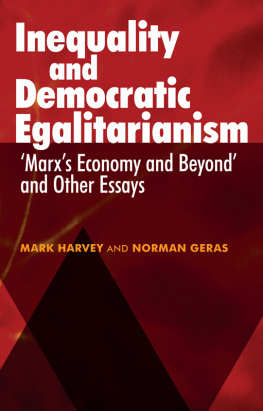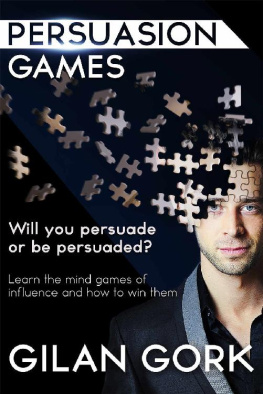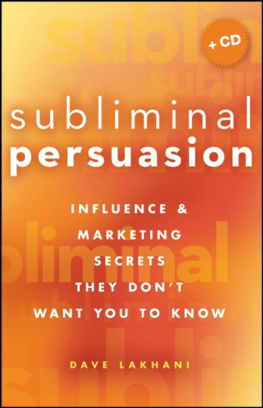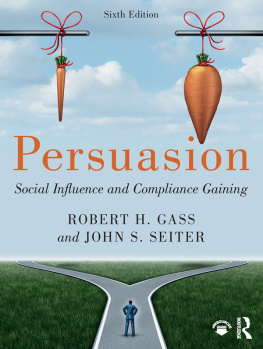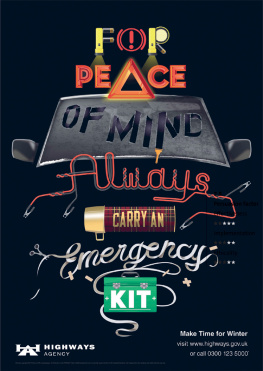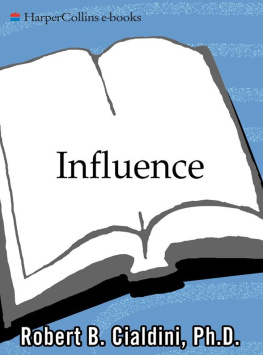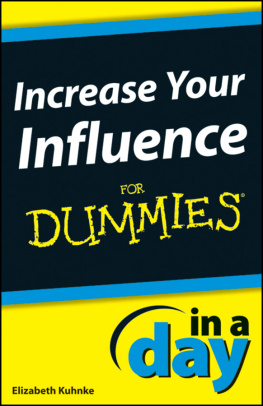2017 by the University Press of Kansas
All rights reserved
Published by the University Press of Kansas (Lawrence, Kansas 66045), which was organized by the Kansas Board of Regents and is operated and funded by Emporia State University, Fort Hays State University, Kansas State University, Pittsburg State University, the University of Kansas, and Wichita State University
Library of Congress Cataloging-in-Publication Data
Names: Harvey, Mark, 1969 author.
Title: Celebrity influence : politics, persuasion, and issue-based advocacy / Mark Harvey.
Description: Lawrence, Kansas : University Press of Kansas, [2017] | Includes bibliographical references and index.
Identifiers: LCCN 2017038274| ISBN 9780700624980 (cloth : alk. paper) | ISBN 9780700624997 (ebook)
Subjects: LCSH: CelebritiesPolitical aspectsUnited States. | CelebritiesPolitical and social views. | CelebritiesPolitical activity.
Classification: LCC E893 .H37 2017 | DDC 305.5/2dc23 LC record available at https://lccn.loc.gov/2017038274.
British Library Cataloguing-in-Publication Data is available.
Printed in the United States of America
10 9 8 7 6 5 4 3 2 1
The paper used in this publication is recycled and contains 30 percent postconsumer waste. It is acid free and meets the minimum requirements of the American National Standard for Permanence of Paper for Printed Library Materials Z39.48-1992.
The origins of this book began in the classroom. I long have had a passion for music, popular culture, and politics, and I encouraged my students to make connections among them. We had amazing discussions about organizing, citizen engagement, and the media, which led to historical and contemporary questions about musicians and celebrities. Had George Harrisons Concert for Bangladesh actually raised consciousness about starvation and oppression in Southeast Asia? Had John Lennons organizing with Jerry Rubin and Abby Hoffman amounted to any real changes? Does it make a difference when politicians play music at their rallies? How did Ronald Reagan co-opt Bruce Springsteens critical and subversive Born in the USA as a campaign theme? Why was President George Bush publicly consulting with Bono from U2 about issues in the developing world? As my students became more emotionally and academically engaged with the subject matter, I began to explore what it was about musicians and celebrities that entangled them with politics. Like so many colleagues, I was interested but skeptical about the power and influence generated by famous people in popular culture. However, my skepticism got the best of me, and I began to think of ways that I could test a thesis: that celebrity activists could effectively influence the political process.
At the time I began the process of writing this book, there was practically no literature in political science on the topic of celebrities in politics. West and Ormans Celebrity Politics (2003) was in print, John Street (1997, 2002) had done some seminal research on the subject, and there were a handful of articles. However, convincing peers and publishers that this topic was worth pursuing was the most challenging part of this project. When I argue in this book that there has been strong skepticism in the political science community about the notion that celebrities make any difference in politics, I am not referring to the literature. I am literally talking about political scientists telling me that I was wasting my timethat no one takes celebrities seriously, and at best they are generally good for photo ops with politicians. In the words of George Harrisons Awaiting on You All, I was awaiting the academic community to awaken and see the potential in this research area. Of course, the very fact that this attitude was so entrenched in the community made this study a sort of crucial case. If everyone expected that celebrities didnt matter much in politics, it would indeed be significant if I proved otherwise.
Eventually, others published works on this subject, and I found a friendly publisher at the University Press of Kansas, willing to support me on this project. As we pushed this project toward completion in 2016, something odd happened: Donald Trump became the presumptive Republican nominee for president of the United States. Here we had the unlikely case of a celebrity with no prior experience in public office running for the most powerful political position in the world. Granted, the purpose of this book was not to focus on the effectiveness of celebrities running for office. The focus of this book is on the influence of celebrity activists on the political process. However, Trump was a celebrity activist of sortsconvincing millions only a few years earlier that Barack Obama was not born in the United States and turning birtherism into a public issue that the president could not ignore. How could we publish this book without reference to Trump?
With an eye on the 2016 election, I did additional research. I studied Trump, and gathered additional data on peoples perceptions of him as a spokesperson, activist, celebrity, and politician. While this book is not exclusively about Donald Trump, I believe that the conclusions that I have derived from the data do offer some insights on Trumps successful bid for the presidency. Now the notion that a celebrity might influence the political system somehow seems less far-fetched.
Any project like this cannot be achieved without a community of support, and despite the challenges of completing this work, many supported me. The few words or the mention of a name below do not adequately express my deep appreciation for those who brought me to this point.
First, I would like to thank those at the University Press of Kansas for having confidence in this project, including Chuck Myers, Joyce Harrison, Larisa Martin, Michael Kehoe, the editorial board, and good people such as Elaine Durham Otto who did the hard work to turn this manuscript into a book.
Second, I thank my home institution, the University of Saint Mary, and in particular President Diane Steele and Vice President of Academic Affairs Bryan LeBeau, who established a positive environment for teaching and research, and offered professional development funds that covered the costs for me to present my research at annual meetings of the Midwest Political Science Association. I benefited greatly from colleagues who offered suggestions at these conferences, including Heather Yates, Heather Kristen Evans, and many others. In addition, I would like to thank Johnson County Community College for recognizing my research on this book by honoring me with their College Scholar award.
Most important to the completion of this project was Mark Joslyn, who reviewed early versions of many of the chapters in this book. He was an inspirational teacher and an early supporter of my research. He has given me academic, professional, and personal advice, and I truly appreciate him. Others who reviewed and offered feedback include Don Haider-Markel, John Kennedy, Jim Daugherty, Burdett Loomis, Kate Weaver, and Paul DAnieri.
I would also like to recognize those who inspired me to rethink my skepticism about the role of celebrities and musicians in politics. Long before this became a research project, an idea to write a book about music and politics was hatched with Jill Steans in a bar in Brussels. Debates in pubs in Birmingham and Munich with Oliver Hofmann about Bob Dylan, John Lennon, and Bono greatly softened my attitude and opened my mind to the possibility that they might be more conscientious and influential than I first expected.
 University Press of Kansas
University Press of Kansas
